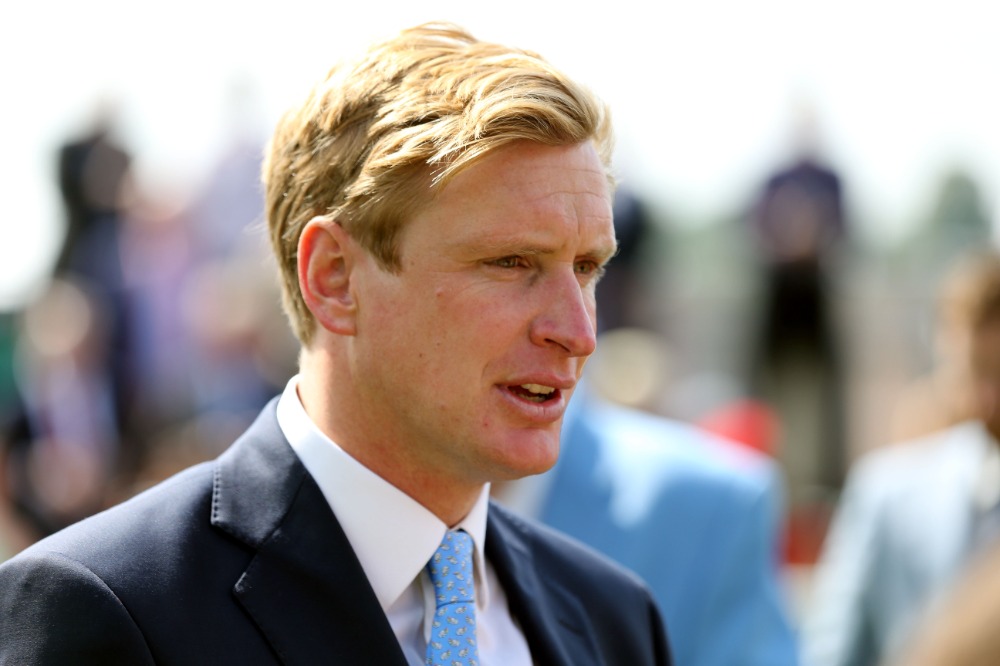Paul St John
August 18, 2022Something in the Air
Trainer Ed Walker has written, from the heart and with anger, about the situation in which his friends and fellow trainers Joe Tuite and Harry Dunlop have announced they are giving up their operations.

‘Both are talented horsemen, both have had multiple successes at Group level and both are cracking characters’ he said. ‘How is it possible this sport cannot accommodate trainers like (them)?’
He goes on to blame ‘years and years of neglect by those who control the sport’ and rues the prospect of ‘super stables’ with ‘300-500 horses’.
He asserts that the ‘tripartite structure between the BHA, racecourses and participants … is the most ludicrous set up of any industry’ and that owners must get together and say “enough is enough”.
Marcus Tregoning has suggested that the number of horses in a yard be capped, but journalist Jon Harding disagreed, calling the idea utopian: ‘You can’t curb ambition’ he said.
As racing deals with low attendances, small fields and poor prize money, it is easy to find people who disagree with each other.
William Haggas has called for 300 meetings - more than 20% of the total - to be cut from the calendar, on the grounds that there are too many races for the number of horses and that prize money would then rise proportionately.
There are currently an average of four meetings a day.
Charlie Fellowes and Mark Johnston are in favour of action now.
Racecourses and bookmakers tend to a different view. Courses receive media rights per race.
Wilf Walsh, Chairman of the Racecourses Association, said that no change in the fixture list was possible before 2024 and that he would need, in any case, to see proof that what was proposed would lead to higher prize money.
The BHA have promised a strategy review, but there is no date for publication, still less implementation.
Ex-Chairman Peter Roy has joined in: ‘If I keep reading that we’ve got to have more data proof points and yet another consultation paper I think I might scream’ he said, with the candour of one freed from responsibility. He thinks the industry should get on with it ‘even if some parties don’t like it’.
He has in mind perhaps people like Martin Cruddace, CEO of Arena Racing. He was vehemently opposed to the dropping of any fixtures and is unlikely to have changed his mind. He believes the BHA should have no influence on any commercial matters.
Others, a majority of those who have gone public with their views, feel that it is the only organisation capable of acting unilaterally in the interests of racing.
Walker concluded: ‘The industry needs to wake up and realise that this is a very serious problem. There has been enough talking’. He then wondered aloud about whether it was fair to his family for him to commit to another 25 years of training.
The instinct of the BHA will be to try to solve the issues by agreement and compromise, but there is an atmosphere.
One looks at some of the main players and thinks: where is the common ground?


